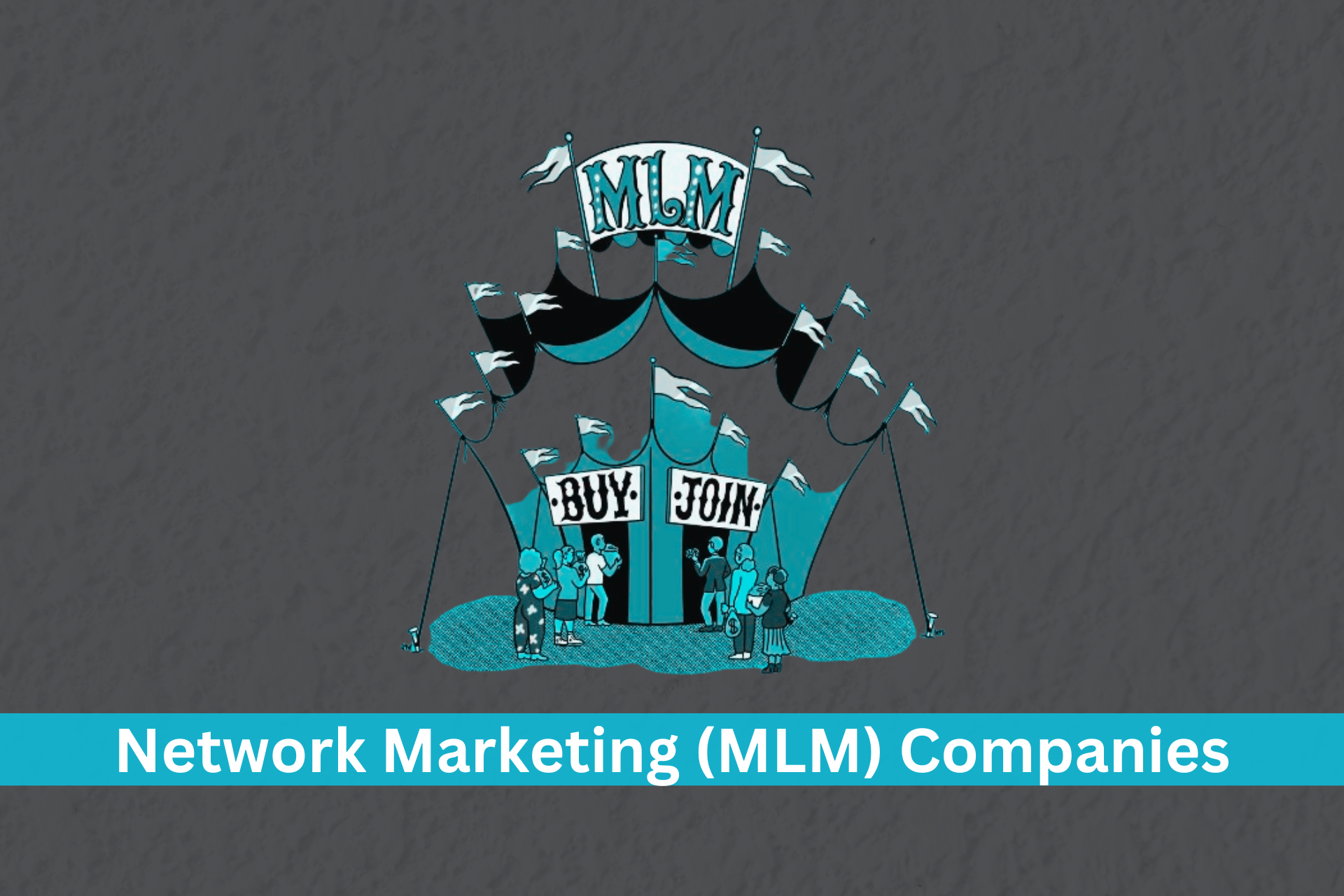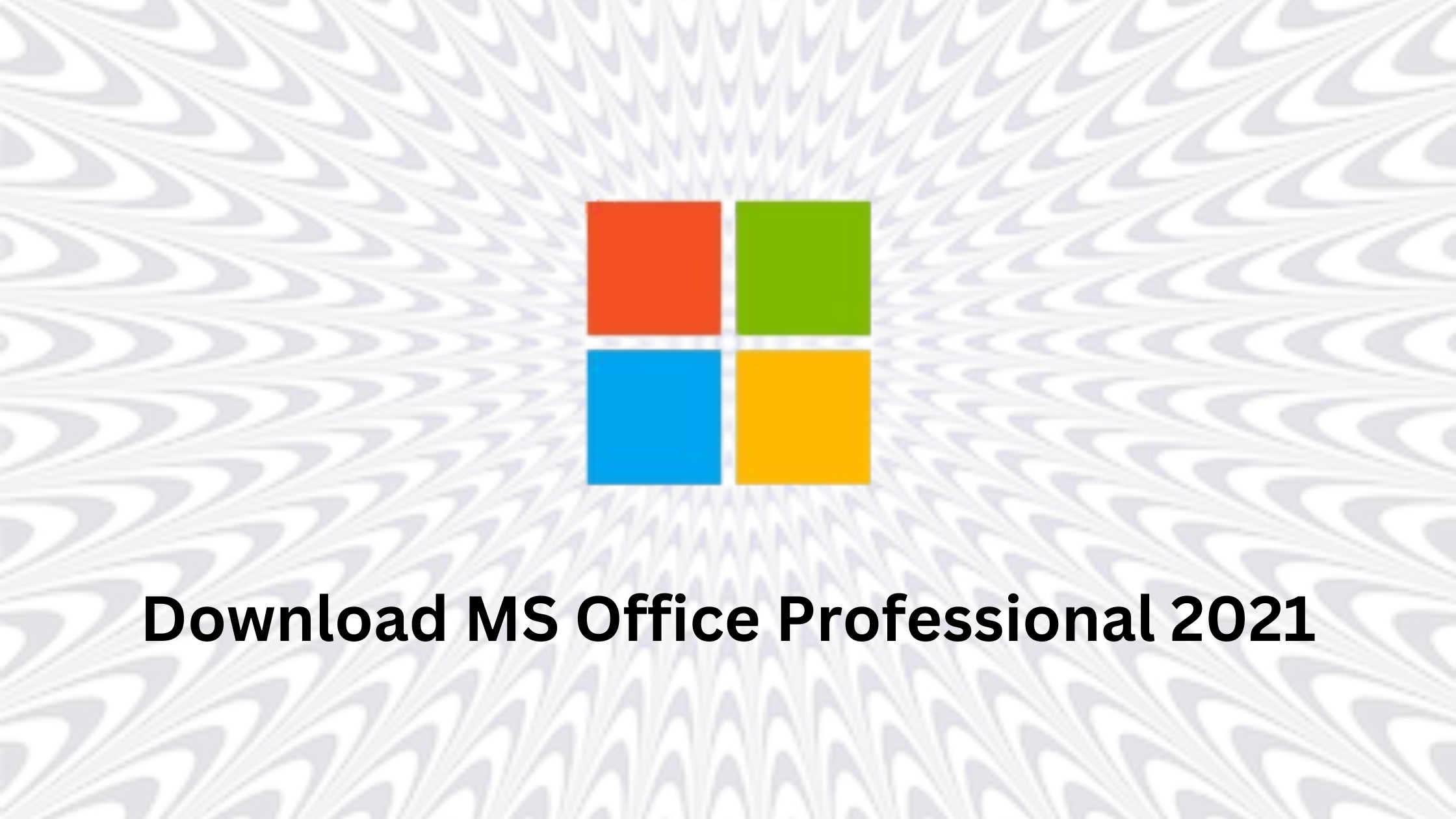Comments from local businesses can be found everywhere. As consumers, we search for comments and ask friends for recommendations. From a business perspective, commenting on management strategies, or observing them and knowing how to respond to them, is an important part of your overall marketing strategy. They are necessary to maintain your brand image, which has a direct impact on sales.
Comments can also provide you with an opportunity to identify deficiencies in your business or operations. In turn, they can provide information for your brand information and marketing strategy.
You may also be familiar with reputation management — a larger umbrella term for maintaining consumer perceptions of your brand. It includes list management, social media, and search visibility, as well as comment marketing and builds strategies, but comment management is a key factor. If you want to start playing a more active role in brand reputation management, developing a review management strategy is an essential first step.
This guide will guide you through all the basics of implementing a review strategy for your brand.
Ninety-seven percent of consumers (BIA Kelsey) find local business information online, and 70% make decisions based on online reviews. So whether your customers know it or not, their business and reputation are on the line every day.
Review portals like Yelp! and TripAdvisor host more than 270 million reviews combined (Yelp! and TripAdvisor), and when you factor in the billion-plus users on Facebook and Twitter, there’s a good chance your customers are the subject of many online reviews. In other words, their review management had better be up to snuff, or their reputation (and business) could be in trouble.
Online reviews are nothing new, but they are more important than ever for online brands. As a consumer, you know where to find them: official reviews on TripAdvisor, comments on Twitter, or comments in blog posts. Comments are becoming more accessible as mobile apps become more popular and reviews are available in search results. It’s easier than ever for customers to search for your brand on the go and quickly decide where to do business.
Why Giving importance to Online Reputation?
The proliferation of reviews is not only positive for consumers, but it also provides a valuable source of feedback for your business. This can help you understand where you need to improve or what your customers like, and help you stand out in marketing.
You may be familiar with seeking brand mentions and feedback on social media, but there’s a difference between comments posted on Facebook and conversations about restaurants on Twitter. Sites like Facebook and Google with official star ratings are counted and averaged for all your prospective customers. This is a factor for your overall online presence, as these reviews increase your SEO visibility and appear in search results for branded terms. The best SEO company will always do their best to maximize your online reputation as much as possible.
According to BrightLocal’s 2018 Local Consumer Review Survey, 86% of consumers read reviews of local businesses. If you break it down further by age group, you can see that 25% of those over 55 have never read an online review, while only 5% of those 18-34 have never read a review. This comparison is helpful if your business primarily serves different age groups than the people who typically read reviews.
The same survey also looked at whether comments influence consumers’ use of local businesses. A majority of 68 percent of respondents said positive comments would influence their decision to use a local business, while 40 percent said negative reviews would discourage them from visiting a business.
The good news is that these sites also provide a way for businesses to publicly respond to comments.
What is online review management?
Well, it’s exactly what it sounds like. It’s managing online reviews to protect and enhance business reputations. As mentioned earlier, online reviews have a huge impact on customers’ buying decisions and, in turn, your customers’ bottom line. A bad review has the potential to cripple a business, but a good review, if used effectively, can provide a lot of marketing power.
Tips for dealing with online reviews
When you read reviews of your business, you may feel attacked and frustrated because customers don’t understand you. While this is an effective response, it is important to look past and see opportunities to rebuild trust with the audience. Frustration aside, it opens the door to connectivity – 33 percent of customers respond to negative comments and then change them to more positive reviews, while 34 percent delete their negative comments.
Maintain a friendly and understanding tone. When writing a reply, personalize it with your name, acknowledge what you’re writing, and add a comment if you’ve taken action internally. If it is not obvious, please sign your name and position.
Dealing with Negative Reviews
In this example, The Stinking Rose responded to both positive and negative reviews. Note that in its response to the negative comments, the restaurant mentioned the action to be taken.
Every customer deserves a response, whether the review is positive or negative. The Harvard Business Review looked at tens of thousands of TripAdvisor hotel reviews and, if any, the hotel’s response. When hotels began responding to reviews, they received 12 percent more ratings and an average of 0.12 stars. TripAdvisor rounds to the nearest half star. A third of the hotels surveyed had a half-star or more rating increase in the six months before responding to a review.
The study follows similar findings in The Sprout Social Index, Edition XII: Call-out Culture, in which we looked at the importance of consumer reactions on social media. For brands that don’t respond to social complaints, the consequences are serious: 35% of consumers don’t buy from them anymore.
But if you don’t react well, the percentage of consumers who will never buy from you again will rise to 50%. Therefore, you need to develop a plan to respond to the comments as part of your overall strategy.
6 Ways to effectively manage online reviews
1. Know how to respond
The right tone and words are everything. Responding to a bad review and making a public war out of it is a recipe for reputational disaster. The worst thing you can do for your brand is trade blows with an angry reviewer. You’ve seen it, I’ve seen it, we’ve all seen it – nothing good ever comes of it.
But a polite response with the right spin and the right solution – and offer, a refund, or simply an acknowledgment – can turn an angry customer into a happy one.
2. Respond quickly
It’s important to respond to reviews as quickly as possible. You can take the services of a review management platform as well. Bad reviews can spread like a disease; responding to them quickly – whether by providing great customer service or handling the comment behind closed doors – goes a long way toward preventing further damage.
Plus, responding promptly to reviews, whether negative or positive, shows customers you’re paying attention and lets others know you care about their experience with your business.
3. Learn about social marketing
93% of shoppers’ buying decisions are influenced by social media (#SocialNomics 2014). Knowing how to connect with reviewers and followers on social media is a big business driver and has been shown to increase sales by 18% (Bazaar Voice).
The best way to find the best network for your comments may be to set up a social media listening strategy that brings online chat about your business. If you start seeing more comments from a network, maybe it’s time to join it. Plus, by listening, you’ll be able to find other valuable sources of feedback about your business on social networks.
Another cool thing that some businesses are doing to revamp their marketing efforts is to reach out to followers and turn them into brand ambassadors on their social pages. The main function of these ambassadors is to test and review products and services in a good but honest light.
4. Keep reviews up to date
Fresh and relevant reviews are essential for healthy business results. Not only do they strengthen online presence, but they also directly impact sales conversions – 63% of consumers are more likely to buy from a website with up-to-date product reviews (iPerceptions).
5. Ask for backing
Not every local business has the experience, tools, or resources to manage its own reviews. Offering DIFM or DIWM services is a great way to expand your service offering and create a new revenue stream.
Conclusion
Customers have a lot of power to write online reviews. But with the right tools, preparation, and knowledge, companies have the ability to change brand perceptions in a positive way.
Admitting and responding to online reviews, both good and bad, not only strengthens your brand’s online presence but can also be combined with social media engagement. Social customer service and online comment management go hand in hand. By mastering these two points, you will have a good customer care strategy.
Adam is a content writer working with QRG Tech. He loves to write about digital marketing, SEO, and small business entrepreneurship.







